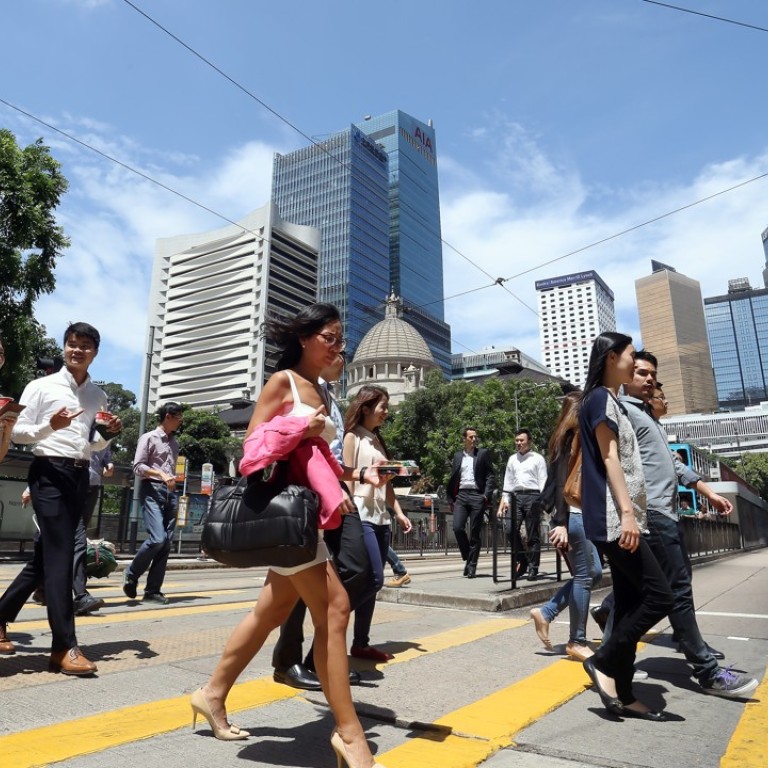
More must be done to boost MPF scheme
The scheme’s total asset has tripled to HK$774 billion in a decade and the rate of return has also beaten inflation. But the sad truth is that the savings could hardly sustain a decent retirement life for most workers
Hong Kong workers may feel more relieved in the wake of the latest performance of the Mandatory Provident Fund (MPF) scheme. According to the MPF authority, the total asset has tripled to HK$774 billion in a decade, a level almost on par with the city’s fiscal reserves. The rate of return has also beaten inflation to reach 4.3 per cent. Rosy as it seems, the sad truth is that the savings could hardly sustain a decent retirement life.
We hope workers are not given a false sense of security as a result. After all, it is perhaps only natural for the assets to grow as more people joined the scheme and saved up over the years. The highlight of some 30,000 MPF accounts with assets of more than HK$1 million has also raised eyebrows. Officials may think that it is a sign of growing confidence in the scheme, as more workers and bosses are willing to contribute more than legally required. Unfortunately, they are the minority. Almost 70 per cent of the 9.2 million accounts held less than HK$50,000 each at the end of last year. Adding to the dismay is a hefty 1.56 per cent charge on average by fund managers for administration and other fees.
For those who still have years of working life ahead, the good news is that there is still time to save up. But those who are about to put their feet up probably have to count on different means for a comfortable living. Even though the average saving has risen from HK$68,000 in 2006 to HK$183,000 by the end of July, the level is far from enough. The situation is even worse for people who are not covered by the scheme, such as housewives and elderly citizens.
The authority, to its credit, has been working hard to defend workers’ rights and benefits. Having helped contributors consolidate and manage their accounts, it is seeking to enhance public scrutiny of different investment funds. Subject to approval by the legislature, individual contributors can log on to a central platform to track the performances of different funds by the first quarter of next year.
We hope the new government will not turn a blind eye to the inadequacies of the scheme. More needs to be done to strengthen retirement protection for the people.

